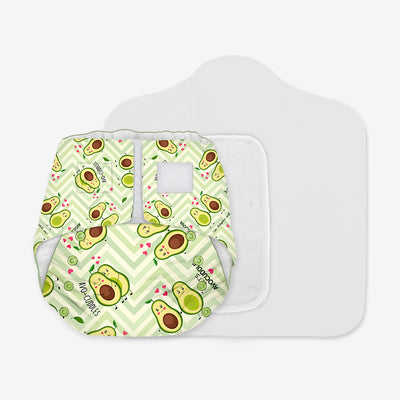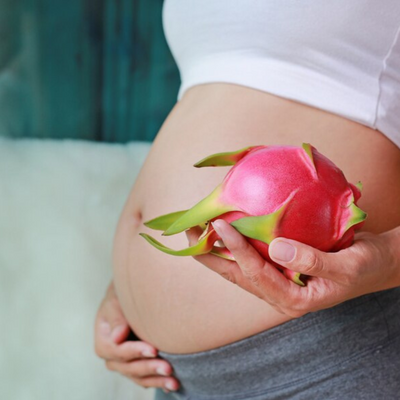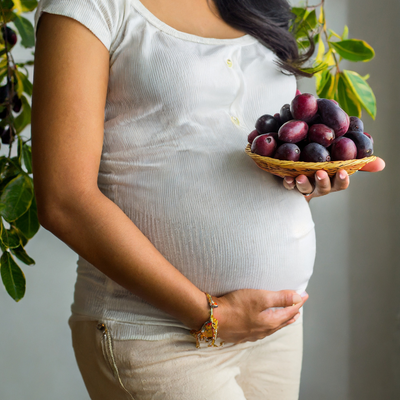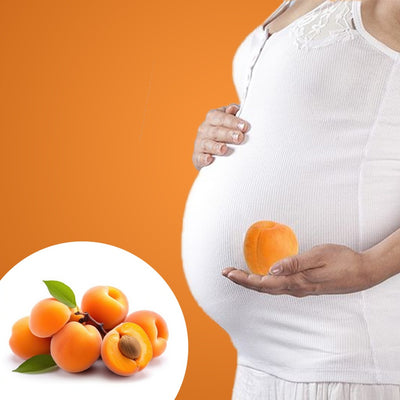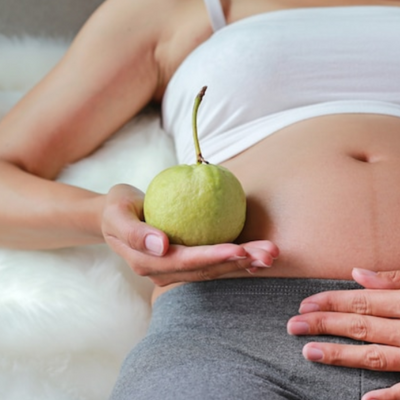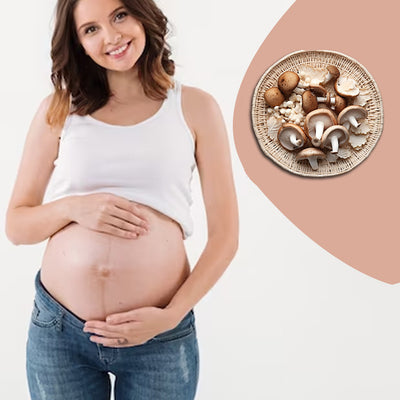Is it safe to eat mayonnaise during pregnancy?

Is it safe to eat mayonnaise during pregnancy?
During the miraculous journey of pregnancy, expectant mothers often find themselves navigating a labyrinth of dietary choices to promote the optimal well-being of their developing babies. One such culinary quandary that frequently arises is the safety of consuming mayonnaise during this crucial period. In this informative exploration, we delve into the question of whether mayonnaise is a pregnancy-friendly condiment, examining its nutritional components and potential risks. Understanding the nuances of incorporating mayonnaise into a pregnancy diet can empower mothers with the knowledge needed to make informed and health-conscious choices for themselves and their growing bundles of joy.
Can Pregnant Women Eat Mayonnaise?
Pregnant women can safely consume mayonnaise, provided it is made with pasteurized eggs. Commercially produced mayonnaise is generally secure, as it typically uses pasteurized eggs. Mayonnaise consists of egg yolk, lemon juice or vinegar, and vegetable oil. The lecithin and proteins in the yolk act as emulsifiers, ensuring the stability of the mayonnaise. However, caution is advised against consuming products with raw eggs due to the risk of salmonella, which can lead to severe complications, including developmental issues in the fetus.
Types of Mayonnaise
Mayonnaise comes in various forms, offering choices based on egg and fat content. Here's a breakdown of the different types available in the market:
Full-Fat Mayonnaise: With a fat content ranging between 65%-75%, this variety delivers a rich and indulgent taste.
Light Mayonnaise: Ideal for those watching their fat intake, it contains less than 30% fat and around 3% egg, often incorporating a thickening agent like corn starch.
Extra Mayonnaise: This variant boasts approximately 4% egg and 10% fat, striking a balance between richness and moderation.
Real Mayonnaise: Offering a decadent experience, it contains 6% egg and surpasses 78% fat, making it a lusciously creamy option.
How Much Mayonnaise Should You Consume During Pregnancy?
While mayonnaise can be a part of a balanced diet during pregnancy, moderation is key. Aim for controlled servings to avoid excessive fat intake. Opting for mayonnaise made with pasteurized eggs reduces the risk of foodborne illnesses. Consult with your healthcare provider to determine a suitable amount based on your individual health and dietary needs. Being mindful of portion sizes ensures that you can enjoy the creamy goodness of mayonnaise without compromising your well-being or that of your developing baby.
Tips for Selecting the Right Mayonnaise
Choosing the right mayonnaise can enhance both the flavor of your dishes and your overall well-being. Consider these tips when selecting the perfect mayonnaise:
Check Ingredients: Look for mayonnaise made with pasteurized eggs to reduce the risk of foodborne illnesses.
Fat Content: Adjust the fat content based on your dietary preferences. Choose from full-fat, light, extra, or real mayonnaise options.
Quality Brands: Opt for reputable brands known for their quality and safety standards.
Expiration Date: Always check the expiration date to ensure the product is fresh.
Allergen Information: Consider any allergies or dietary restrictions when making your selection.
By paying attention to these factors, you can make an informed choice and savor the delightful taste of mayonnaise with confidence
FAQ
1. Q: Are there any specific benefits of consuming mayonnaise during pregnancy?
A: Mayonnaise can contribute to a balanced diet, providing essential fats. However, moderation is key.
2. Q: Can I consume mayonnaise if I have a history of egg allergies?
A: Individuals with egg allergies should exercise caution and consider alternative options or consult with a healthcare professional.
4. Q: Is it safe to have mayonnaise in the first trimester of pregnancy?
A: Mayonnaise made with pasteurized eggs can generally be consumed throughout pregnancy, including the first trimester, but it's crucial to practice moderation.
5. Q: How do I know if the mayonnaise is made with pasteurized eggs?
A: Check the product label for information on pasteurization or choose reputable brands known for using pasteurized eggs.
6. Q: Can consuming too much mayonnaise during pregnancy lead to weight gain?
A: Excessive consumption of high-fat mayonnaise may contribute to weight gain. It's advisable to monitor portion sizes as part of a balanced diet.
7. Q: Are there any alternatives to traditional mayonnaise for pregnant women?
A: Consider alternatives like Greek yogurt-based dressings or avocado spreads for a healthier option with similar creamy textures.
8. Q: Should I consult my healthcare provider before including mayonnaise in my pregnancy diet?
A: Yes, it's recommended to consult with your healthcare provider to determine the appropriate amount based on your individual health and dietary needs.





